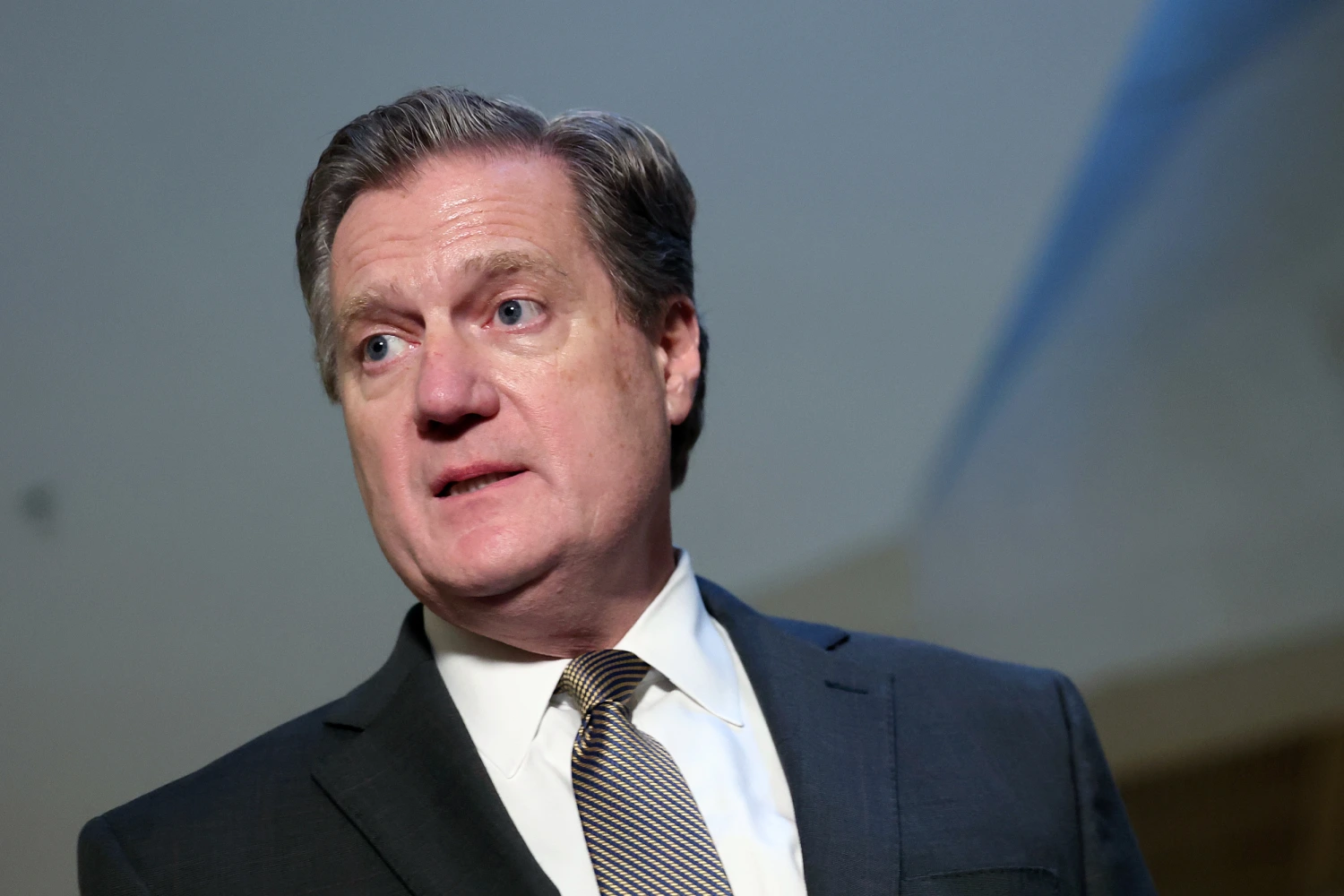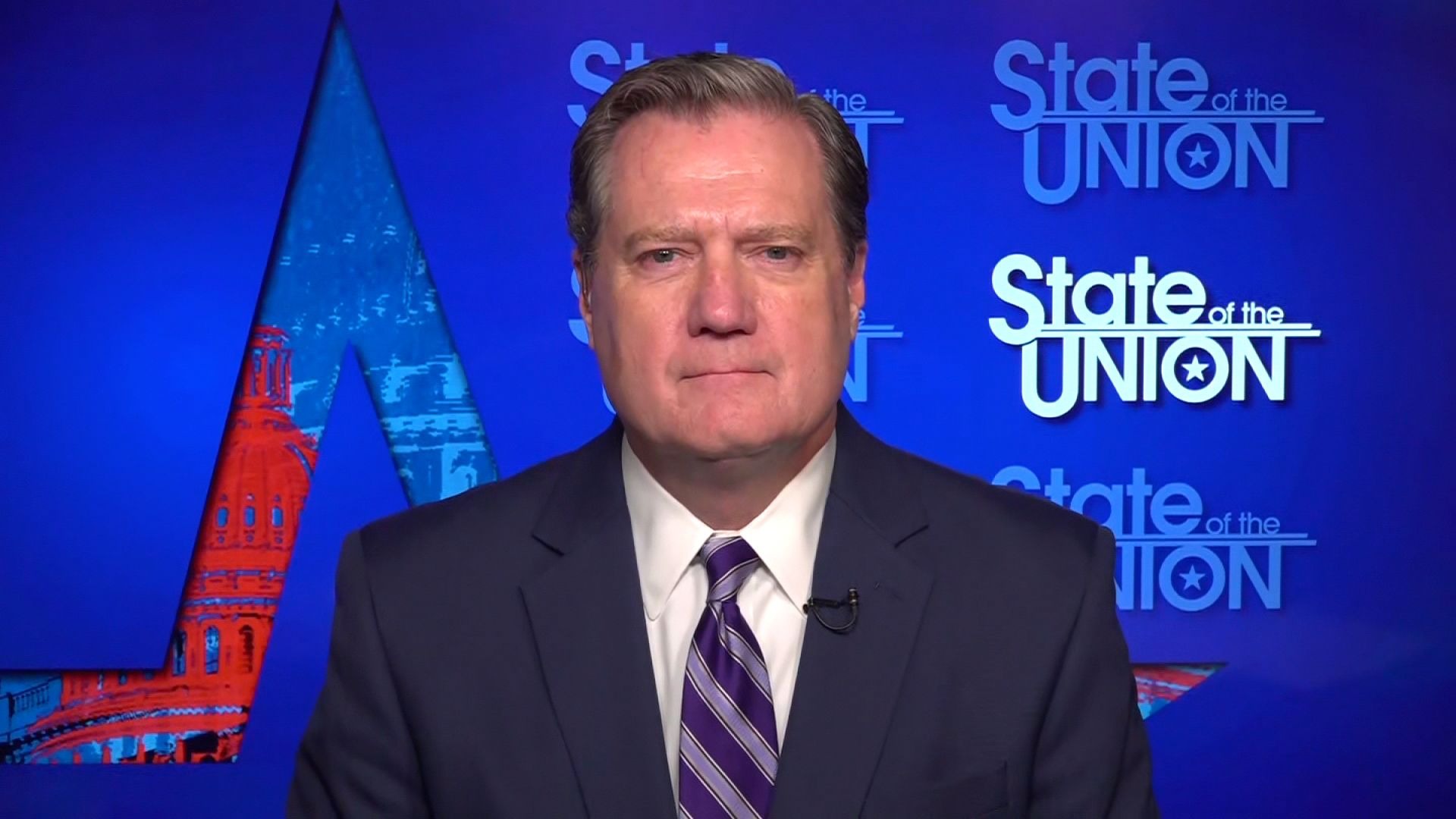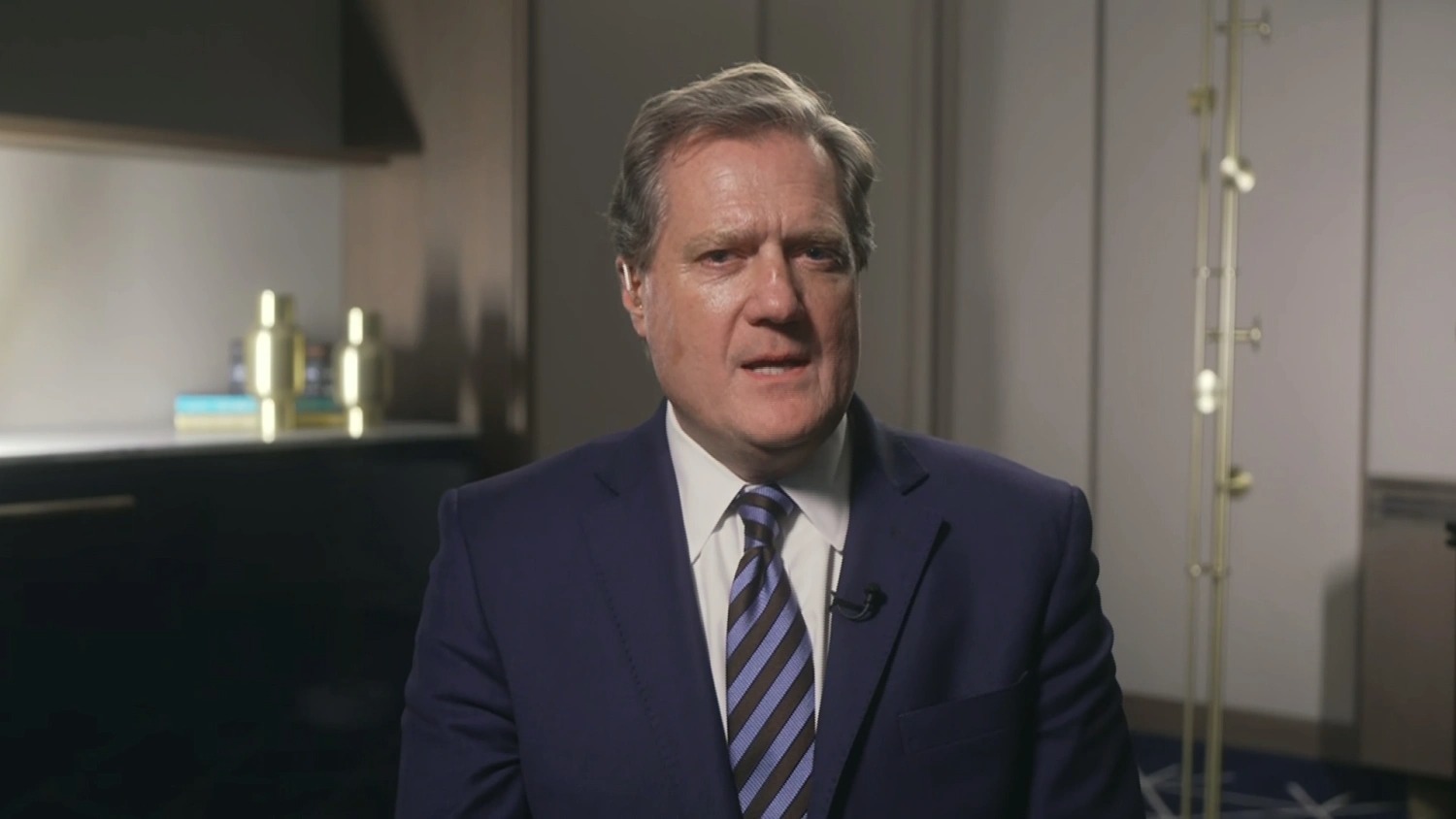Mike Turner, Chairman of the House Intelligence Committee, raised concerns on CNN’s “State of the Union” about the influence of Russian propaganda within the United States, specifically among some members of his party, the Republicans. This comes at a time when the U.S. Congress is divided over sending additional aid to Ukraine despite ongoing hostilities with Russia.
Turner’s comments echo those of Michael McCaul, the Chairman of the House Foreign Affairs Committee, who has also observed the spread of Russian propaganda within the GOP base.
This issue is particularly pressing as misinformation appears to be shaping some congressional discussions and opinions regarding the conflict between Russia and Ukraine.

Rep. Mike Turner (Credits: NBC News)
According to Turner, there are even instances where lawmakers on the House floor have repeated messages that could be traced back to Russian sources. This development is troubling, given the critical role that accurate information plays in international diplomacy and national security.
The controversy over aid to Ukraine highlights the broader debate within Congress. While the Senate has passed measures to provide additional support, resistance within the House of Representatives, particularly among some Republicans, has stalled these efforts. House Speaker Mike Johnson has indicated a vote on military aid for Ukraine might occur after the Easter recess, signaling a possible shift toward action.

Mike Turner (Credits: CNN)
Turner specifically pointed out the misconceptions surrounding the nature of the conflict, with some legislators incorrectly attributing the war to issues related to NATO. He clarified that the conflict’s roots lie in Vladimir Putin’s broader ambitions for Eastern Europe, including claims over Ukrainian territory as part of Russia.
This situation underscores the challenges faced by U.S. lawmakers in changing foreign policy despite a landscape cluttered with misinformation. The debate over aid to Ukraine is not just about military support but also about the battle against propaganda and the defense of accurate information as a cornerstone of democratic governance.























